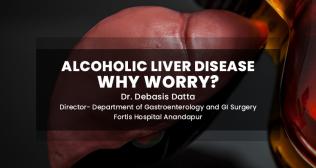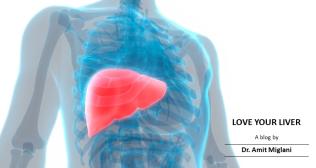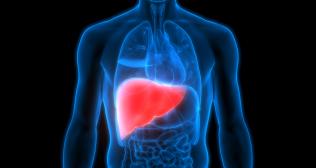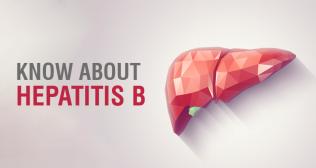
The Importance of Early Hernia Diagnosis and Treatment
The Importance of Early Hernia Diagnosis and Treatment
Hernia is a medical condition that occurs when an internal organ or tissue protrudes through a weakened area in the surrounding muscle or connective tissue. While it may not always be painful, a hernia can lead to severe complications if not diagnosed and treated early. Normally, the front of the abdomen has several layers comprising of skin then fat then muscles and broad ligaments. Underneath all these lie the intestines (guts). If, for any reason, there is a weak point in the muscles or ligaments, part of the intestines push through. You can then feel a soft lump under the skin. Inguinal hernia occurs when a portion of the small intestine enters the inguinal canal.
Early diagnosis and treatment can help prevent further damage, reduce the risk of complications, and improve the overall outcome of a hernia. The importance of early hernia diagnosis and treatment and the risks associated with delaying medical attention.
Why Is Early Diagnosis Important
Early hernia diagnosis and treatment play a crucial role in preventing complications and improving the outcome of the condition. One of the significant benefits of early diagnosis is that it helps prevent the hernia from becoming more severe. If left untreated, hernias can become larger and more painful, making them more difficult to repair. This can lead to complications such as incarceration and strangulation.
Incarceration occurs when a portion of the intestine or other tissue becomes trapped in the hernia sac, causing severe pain and discomfort. If not treated promptly, it can lead to further damage and even death of the affected tissue. Strangulation, on the other hand, occurs when the blood supply to the trapped tissue is cut off, leading to tissue death and potentially life-threatening complications.
Early diagnosis and treatment of hernia can also reduce the recovery time and cost of treatment. If the hernia is diagnosed early, the treatment can be less invasive and the recovery time can be shorter. This can significantly reduce the costs associated with treatment, including hospitalization and surgical procedures.
Moreover, early diagnosis and treatment can prevent the need for emergency surgery, which can be riskier than planned surgery. In an emergency, may be necessary to repair the hernia and prevent further complications, but this can be avoided with early diagnosis and treatment.
Risks of delaying treatment
Delaying treatment for hernia can increase the risk of complications and make treatment more complicated. One of the main risks of delaying treatment is that the hernia can become larger and more painful. As the hernia grows, it can become more difficult to repair and may require more invasive surgery.
As we mentioned earlier, a significant risk of delaying hernia treatment. If a portion of the intestine or other tissue becomes trapped in the hernia sac, it can cause severe pain and discomfort. If left untreated, incarceration can lead to further damage and even death of the affected tissue.
Strangulation is another risk of delaying hernia treatment. If the blood supply to the trapped tissue is cut off, it can lead to tissue death and potentially life-threatening complications. Strangulated hernias require emergency surgery, which can be riskier than planned surgery.
In addition, delaying treatment can lead to a decreased quality of life. Hernias can cause discomfort, pain, and affect daily activities such as work and exercise. If left untreated, these symptoms can worsen and impact a person's ability to perform regular activities.
Treatment Options
TEP – Total Extra Peritoneal Repair
TAPP – Trans Abdominal Pre – Peritoneal Repair
Laparoscopic / key hole surgery
Through two or three small key holes in the belly contents will be reduced inside the tummy. The defect will be closed by keeping the mesh.
At Fortis Hospital Bannerghatta Road Bangalore, we are committed to providing our patients with the latest innovations in hernia treatment. Our team of experienced surgeons offers a range of treatment options, including minimally invasive procedures, to ensure that our patients receive the best possible care. Contact us today to Schedule a consultation.
By - Dr. Manish Joshi, Senior Consultant Gastroenterology and Hepatobiliary Sciences.
Categories
Clear allMeet the doctor

- Gastroenterology and Hepatobiliary Sciences | GI, Minimal Access and Bariatric Surgery | Gastrointestinal Surgery | Metabolic & Bariatric Surgery
-
16 Years
-
1050



















